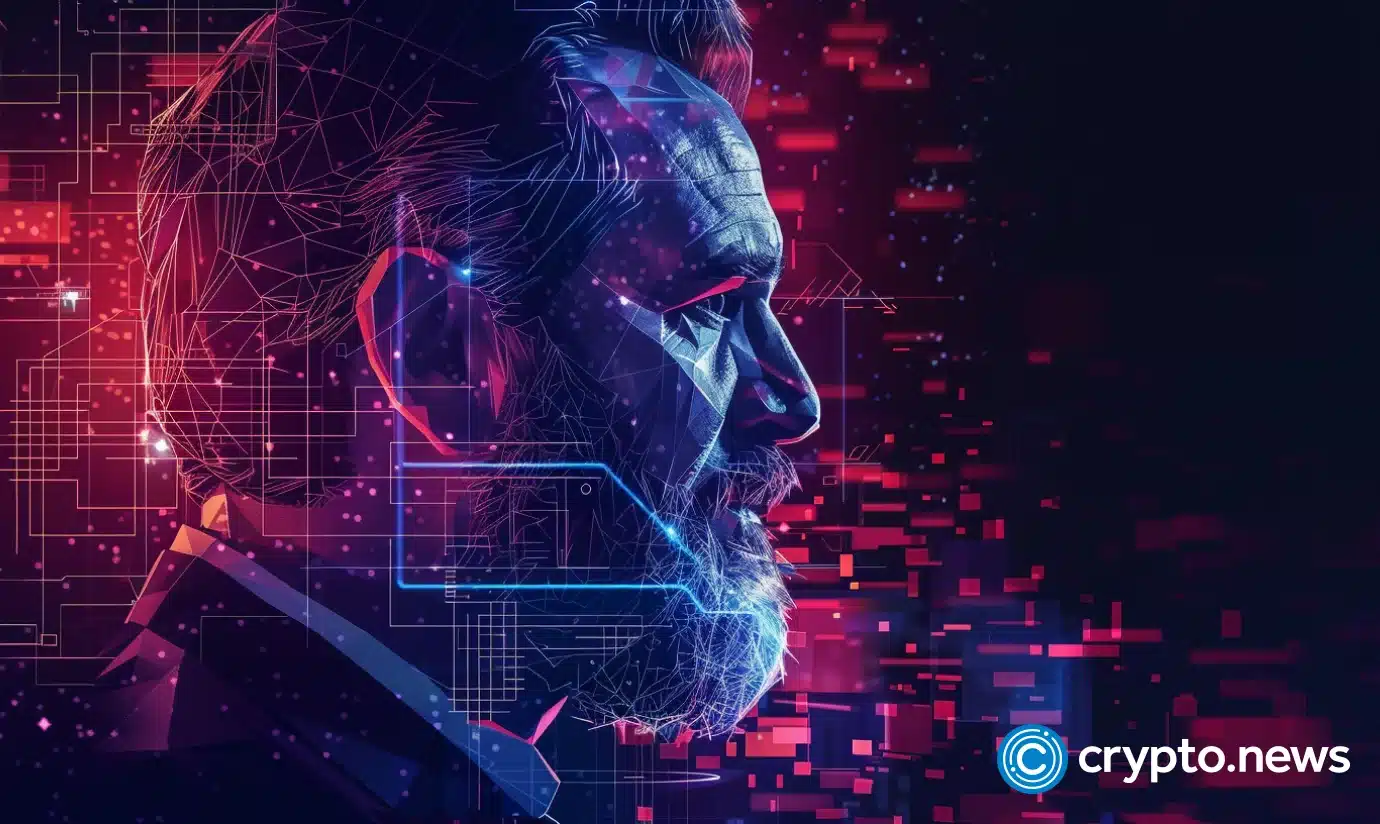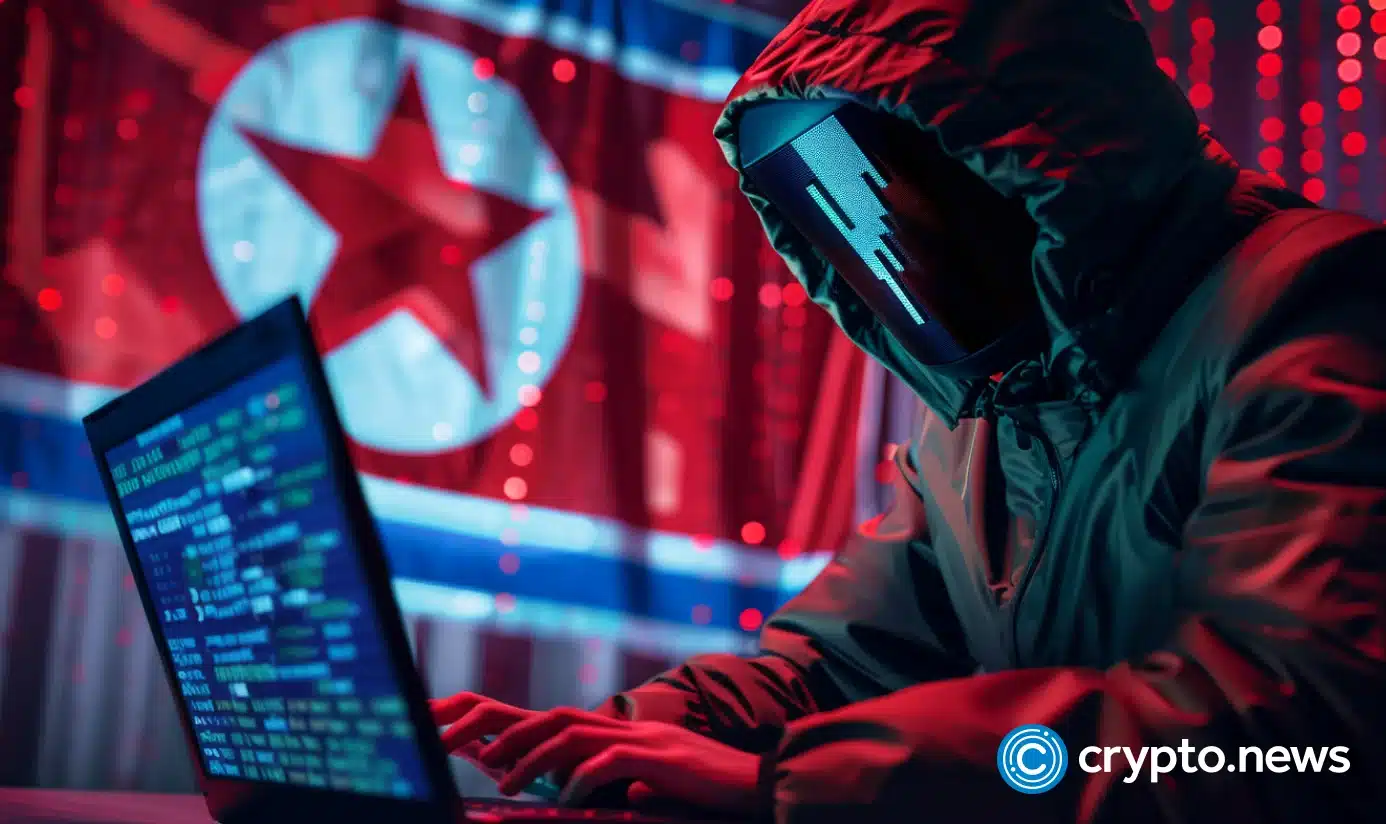 Brazilian judge allows NFT subpoenas to Bitcoin wallets in high-profile fraud case Gino Matos · 22 seconds ago · 2 min read
Brazilian judge allows NFT subpoenas to Bitcoin wallets in high-profile fraud case Gino Matos · 22 seconds ago · 2 min read
The court will send NFT to addresses tied to the alleged pyramid scheme BWA Brazil, which hold 11,200 BTC.

Cover art/illustration via CryptoSlate. Image includes combined content which may include AI-generated content.
A court in Brazil has authorized the use of non-fungible tokens (NFTs) to notify unidentified defendants in a case involving missing Bitcoins (BTC) tied to an alleged pyramid scheme, BWA Brazil.
The decision stems from legal action filed by the court-appointed trustee of BWA Brazil’s bankrupt estate seeking to interrupt the statute of limitations on claims related to crypto assets allegedly acquired using creditor funds.
The estate requested that the court permit digital service of process by minting NFTs containing the relevant legal documents and transmitting them to wallet addresses involved in the initial transactions.
The ruling stated:
“Creditors who suffered multimillion-dollar losses cannot be further harmed by legislative delays in keeping up with technological innovation. Therefore, I authorize the court-appointed trustee to take all necessary actions to carry out notification of this interruptive protest [which interrupts lawsuit deadlines] via electronic communication using NFTs.”
Furthermore, the Public Prosecutor’s Office submitted a favorable opinion supporting the trustee’s petition.
The measure targets holders of digital assets whose identities remain unknown but have wallet addresses that are traceable through the Bitcoin blockchain.
The estate claims that approximately 11,200 BTC were acquired using creditor funds. At current prices, 11,200 Bitcoin is worth over $900 million.
According to the filing, these transactions occurred before the bankruptcy and are now subject to potential recovery proceedings.
A large scheme
BWA Brazil was founded in 2017 by Paulo Roberto Ramos Bilibio and presented itself as an investment company offering BTC exposure. It offered 5% fixed monthly returns on clients’ deposits, an impossible result based on a variable return asset such as Bitcoin.
However, the firm froze withdrawals in early 2020, leaving customers with losses estimated at R$300 million — roughly $52.2 million. Authorities estimated this is one of Brazil’s largest losses tied to an alleged crypto pyramid scheme.
In July 2020, a Brazilian court approved BWA’s filing for judicial recovery, claiming it would reimburse its customers. However, less than one year later, another court order changed the process from judicial recovery to bankruptcy, claiming the firm made no efforts to pay its clients.
Bilibio and his partner, Jessica da Silva Farias, allegedly used the money retained by BWA to buy Bitcoin. Both of them remain at large and have not been arrested yet.
Blockchain traceability enables new legal processes
The trustee highlighted that despite the anonymity of wallet addresses, Bitcoin’s technical architecture permits the tracking of individual coins. Once received into a wallet, BTC can be transferred repeatedly, but each transaction is permanently recorded on the blockchain.
The filing acknowledged that some assets were moved through centralized exchanges, while others may have been transferred via peer-to-peer methods that bypass third-party intermediaries.
Authorities may be able to identify the ultimate beneficiaries in cases involving exchanges domiciled in Brazil, where entities are required to report user transactions to the Federal Revenue Service.
However, peer-to-peer transfers using asymmetric encryption present significant challenges for attribution, making direct notification via the blockchain a necessary procedural innovation.
The use of NFTs to initiate legal notification marks an adaptation of procedural norms to accommodate blockchain-based financial activity’s unique characteristics as courts grapple with the jurisdictional and evidentiary complexities of decentralized asset flows.

 By CryptoSlate | Created at 2025-04-01 00:34:35 | Updated at 2025-04-02 11:17:42
1 day ago
By CryptoSlate | Created at 2025-04-01 00:34:35 | Updated at 2025-04-02 11:17:42
1 day ago










